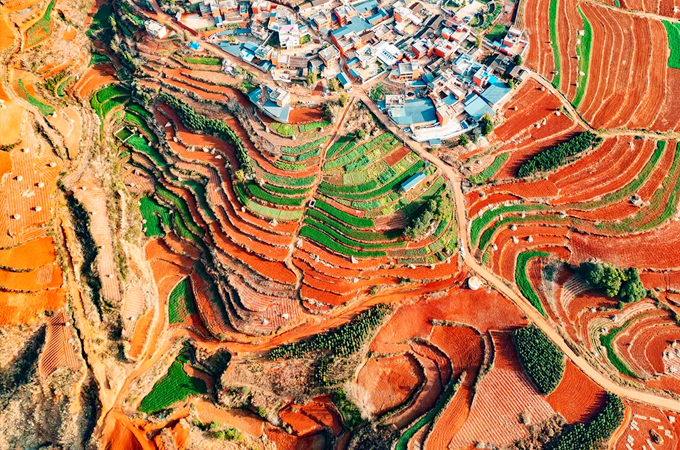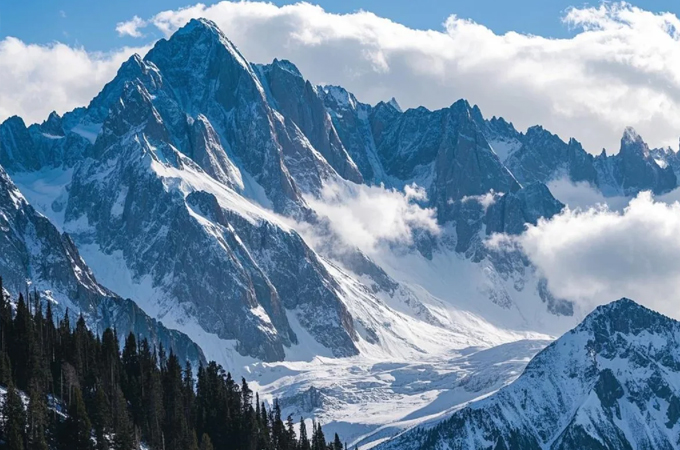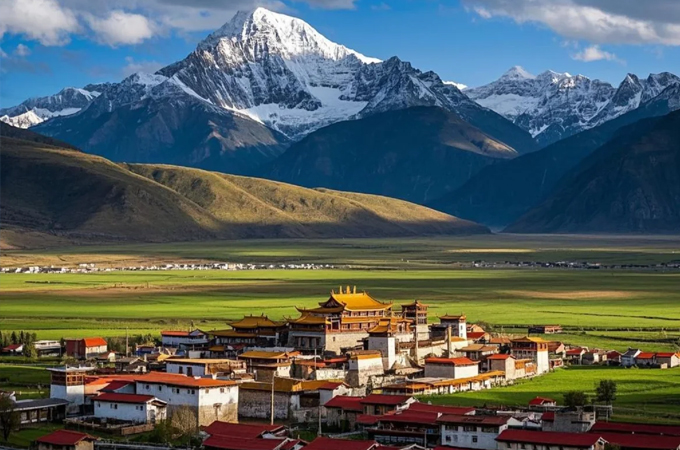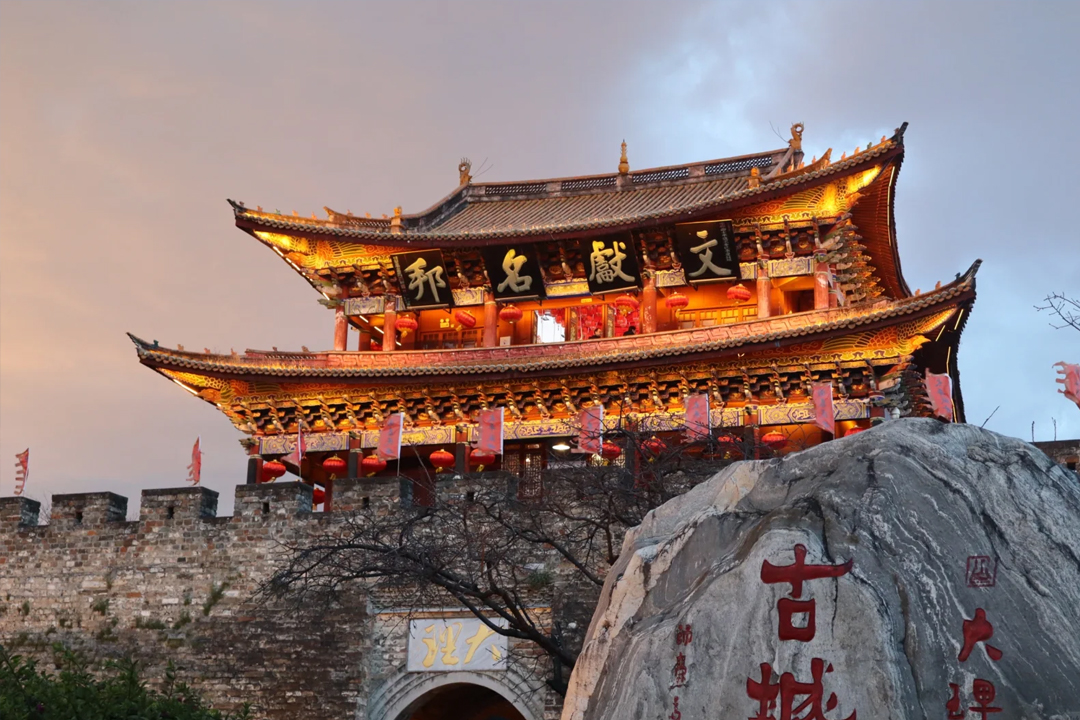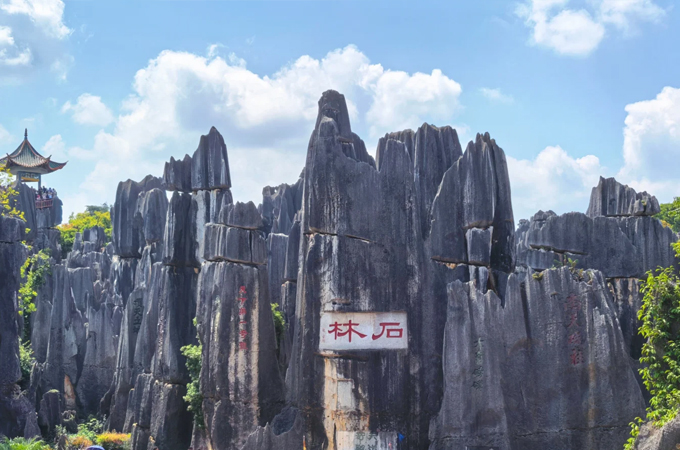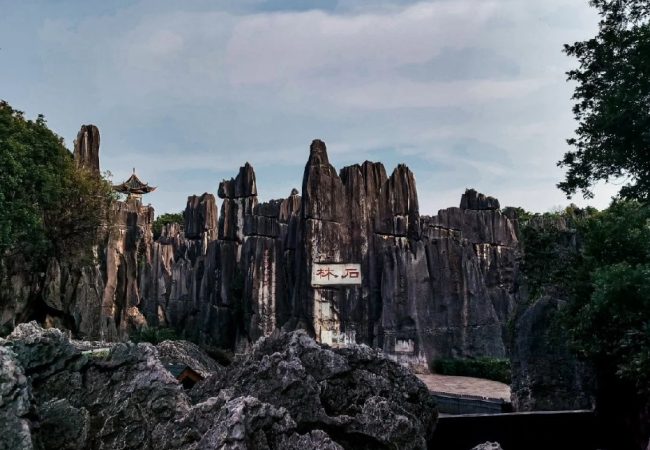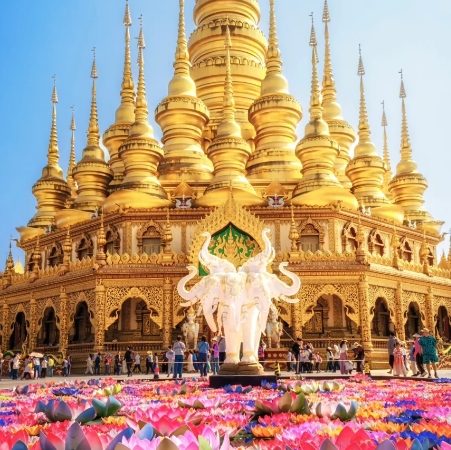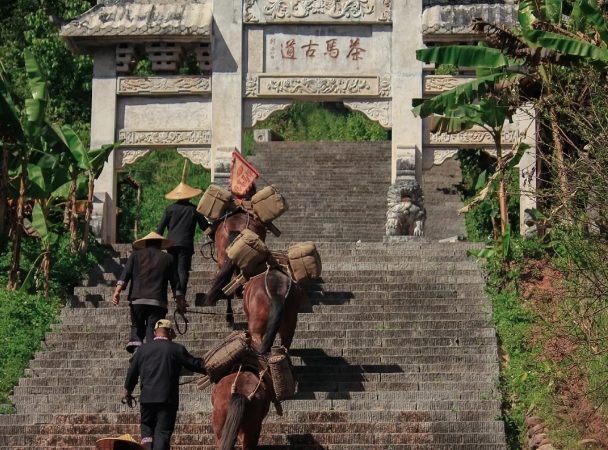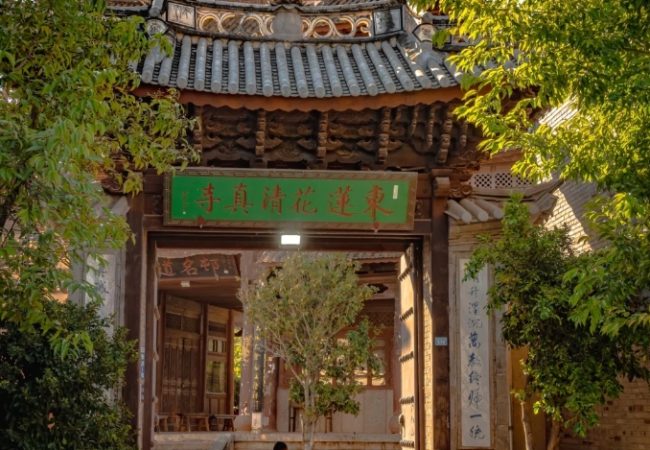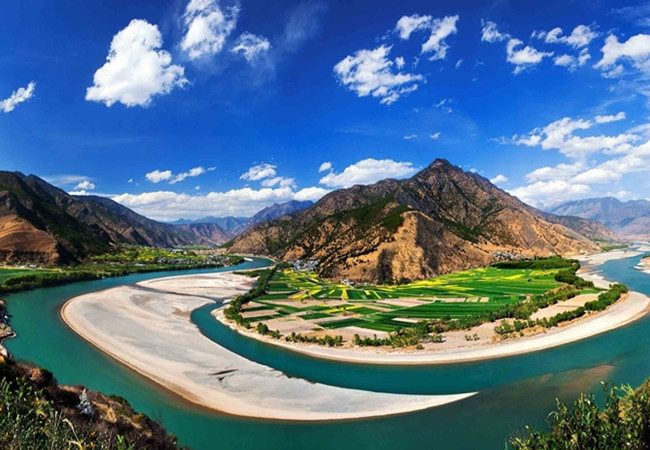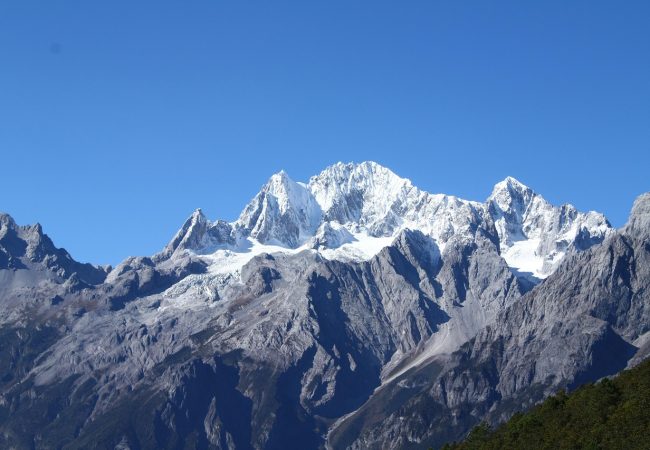
Meili Snow Mountain is located at the junction of Deqin County (德钦县), Diqing Tibetan Autonomous Prefecture (迪庆藏族自治州), Yunnan Province and Chayu County (察隅县), Linzhi City, Tibet Autonomous Region. It belongs to the Nu Mountain system of the Hengduan Mountains. Its geographical coordinates are roughly between 98°59′ – 99°38′ east longitude and 28°46′ – 29°10′ north latitude. It lies in the high mountains and lofty ranges of northwestern Yunnan, and is a dazzling pearl on the border between Yunnan and Tibet. Surrounded by deep gorges and thick forests, the main peak Kawagebo Peak (卡瓦格博峰) with an altitude of 6,740 meters is the highest peak in Yunnan Province, showing its majestic and magnificent appearance among the continuous mountains.
Human and Historical Background
Cultural Significance in Tibetan Culture
Meili Snow Mountain holds a supreme and sacred position in Tibetan culture and is the top of the eight sacred mountains in Tibetan Buddhism. For a long time, Tibetan people have regarded it as the residence of the gods and carried out numerous religious activities and devout pilgrimages around it. Legend has it that Kawagebo Peak is the incarnation of a powerful god, blessing the surrounding land and people. Many ancient legends and stories have been passed down from generation to generation among the people, adding a strong sense of mystery and cultural connotation to this snow mountain.
Mountaineering History
In modern times, Meili Snow Mountain has also attracted many mountaineering teams and explorers from around the world. However, its harsh climbing conditions and unpredictable weather make it an extremely challenging peak. In 1991, a Sino-Japanese joint mountaineering team attempted to climb Kawagebo Peak but unfortunately all members died in an avalanche. This tragedy shocked the world and made people have a deeper understanding of the power and mystery of this snow mountain.
Climate and Best Visiting Seasons
Climate
Due to its high altitude and special geographical location, the climate of Meili Snow Mountain is complex and changeable. Affected by the southwest monsoon and the climate of the Qinghai-Tibet Plateau, the weather here is changeable, often accompanied by strong winds, heavy snowfalls and low temperatures. The annual average temperature is relatively low, especially in high-altitude areas, and the temperature difference between day and night is significant. Moreover, the peaks are often shrouded in clouds and mist, making it difficult to see the full view of the peaks.
Best Visiting Seasons
The best time to visit Meili Snow Mountain is from October to May of the following year. During this period, the rainy season has passed, and the weather is relatively stable and clear. The probability of seeing the majestic peaks of Meili Snow Mountain is higher. Especially in winter, the snow-capped mountains are more magnificent and sacred. However, it should be noted that the temperature is extremely low in winter, and visitors are advised to take adequate measures to keep warm and prevent altitude sickness in advance.
Recommended Scenic Spots
Kawagebo Peak
As the main peak of Meili Snow Mountain, Kawagebo Peak is the most iconic and magnificent scenic spot. Its towering figure and perennial snow cover make people feel in awe. From a distance, you can deeply feel the powerful and majestic beauty of nature.
Mingyong Glacier (明永冰川)
One of the important glaciers of Meili Snow Mountain, it stretches from the high-altitude area to the lower-altitude area in a winding manner, with a spectacular shape. Tourists can get close to the glacier, feel its coldness and unique charm, and deeply understand the formation and evolution of glaciers.
Feilai Temple Viewing Platform (飞来寺观景台)
An excellent place to view Meili Snow Mountain. Here, you can have a panoramic view of the entire snow mountain group. At dawn or dusk, when the sun shines on the snow-capped mountains, the peaks are dyed golden, and the dreamy and beautiful scenery attracts many photographers to capture this precious moment.
Yubeng Village (雨崩村)

A small village located at the foot of Meili Snow Mountain, surrounded by mountains on all sides, with simple and peaceful folk customs. It is also the starting point of many hiking routes. Hiking here, you can not only enjoy the beautiful natural scenery but also experience the unique local lifestyle.
Transportation
Aviation
The nearest airport to Meili Snow Mountain is Diqing Shangri-La Airport (迪庆香格里拉机场). After arriving at the airport, you need to take a long-distance bus or charter a car to Deqin County, and then transfer to other vehicles to reach the vicinity of Meili Snow Mountain.
Long-distance Bus
You can take a long-distance bus from Kunming, Dali, Lijiang and other places to Deqin County. Although the journey takes a long time, you can enjoy the scenery along the way. In Deqin County, there are also local transportation options to reach the surrounding areas of the scenic spot.
Chartered Car or Self-driving
Chartered car or self-driving is more flexible, allowing you to freely arrange your itinerary and stop at any scenic spots you are interested in. However, it should be noted that the road conditions around Meili Snow Mountain are complex, and the mountain roads are rugged. Drivers need to have certain driving experience and skills.
Accommodation
Deqin County
There are a variety of accommodation options in Deqin County, including hotels, inns and hostels. The accommodation facilities are complete, and the prices vary, which can meet the needs of different tourists.
Around the Scenic Area
There are also some homestays and small hotels near Meili Snow Mountain, such as in Yubeng Village and around Feilai Temple. Staying near the scenic area allows you to get closer to the snow mountain and have more time to enjoy the beautiful scenery, but the accommodation conditions may be relatively simple compared to those in the county.
Food and Shopping
Food
The food around Meili Snow Mountain has a strong Tibetan flavor. Butter tea is rich in nutrition and can effectively resist the cold; zanba (糌粑), as the traditional staple food of the Tibetan people, has a unique taste; Tibetan-style roasted mutton is tender and juicy, with a fragrant smell. In addition, the wild vegetables and fungi in the mountains are delicious and worth tasting.
Shopping
You can buy some local handicrafts and specialties as souvenirs. Tibetan handicrafts such as thangka paintings, Tibetan knives, and woolen products are all unique in craftsmanship and style. Local specialties such as Cordyceps sinensis (冬虫夏草), snow lotus (雪莲花) and other precious Chinese medicinal materials are also popular among tourists. However, it should be noted that some precious wild plants and animals are protected by law, and you must abide by relevant laws and regulations when purchasing.
We hope this introduction helps you understand Meili Snow Mountain and plan your trip more effectively.

